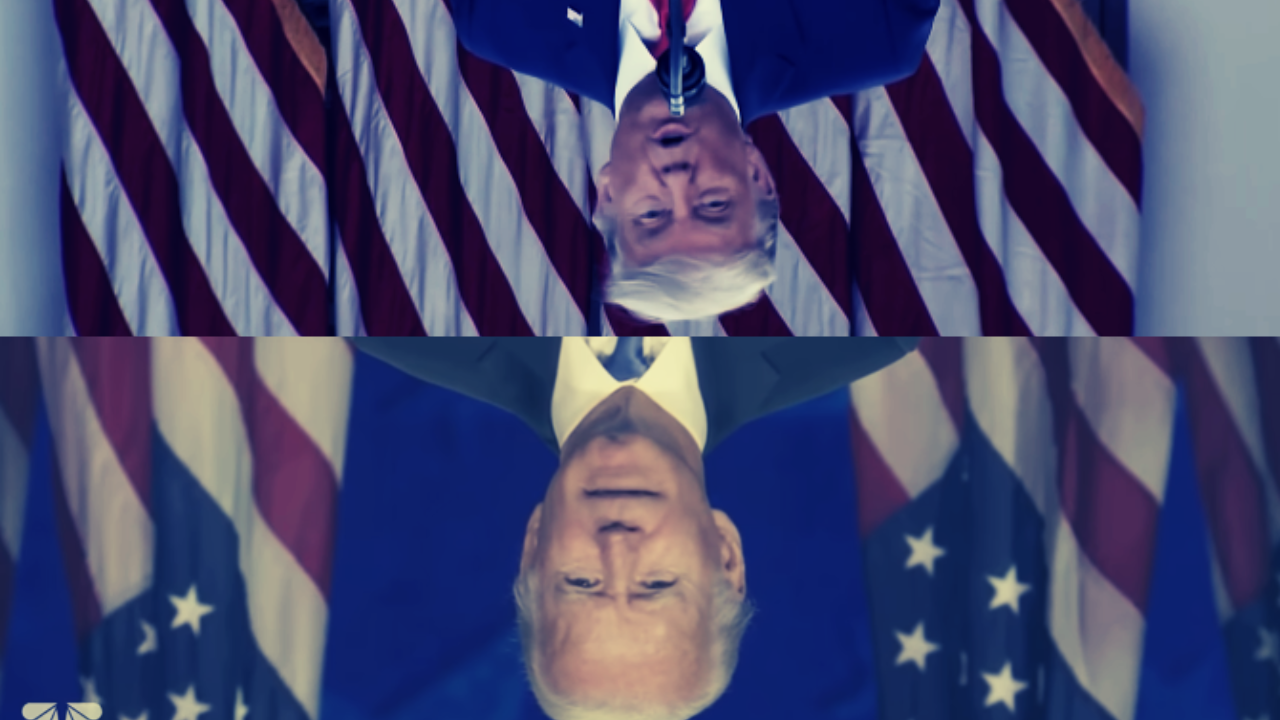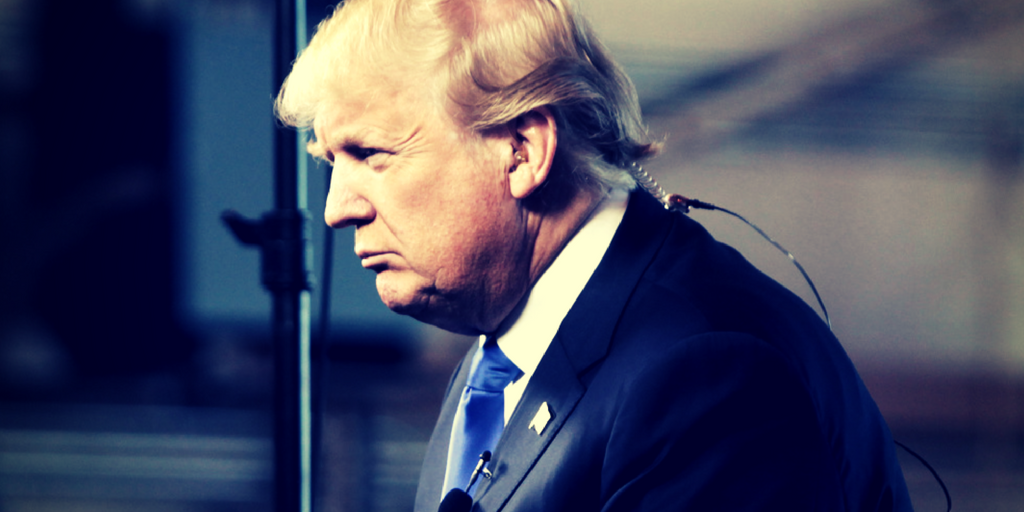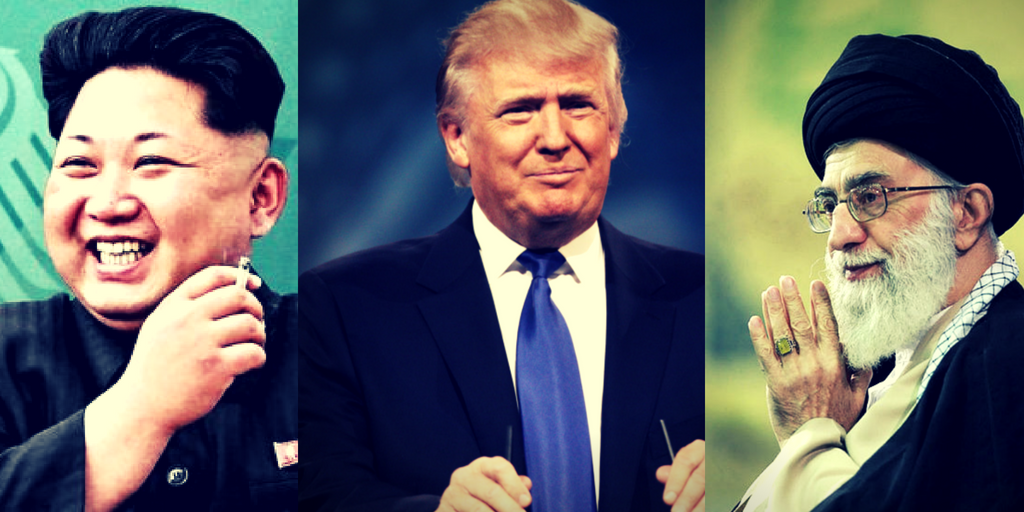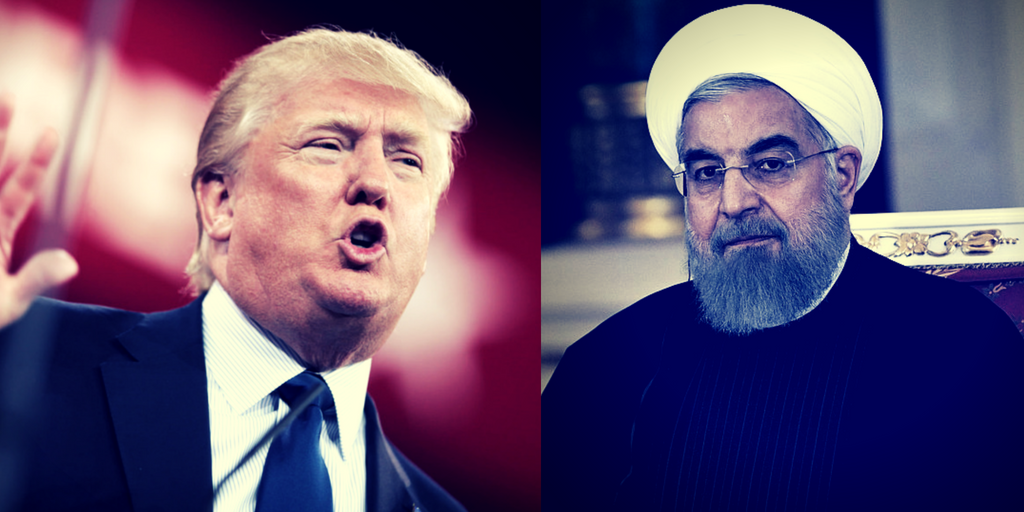I am joined by Dovid Fuchs, entrepreneur and political analyst to discuss the backwards, upside down nature of the world we are living in. After all, Americans voted for a senile political hack that has spent 47 years in Washington doing just about nothing over President Trump who built one of the greatest national economies of all time and made peace possible in the Middle East.
We must accept that the center of power is shifting. It may be scary, but perhaps it is better to just laugh, because at the end it all works out.





